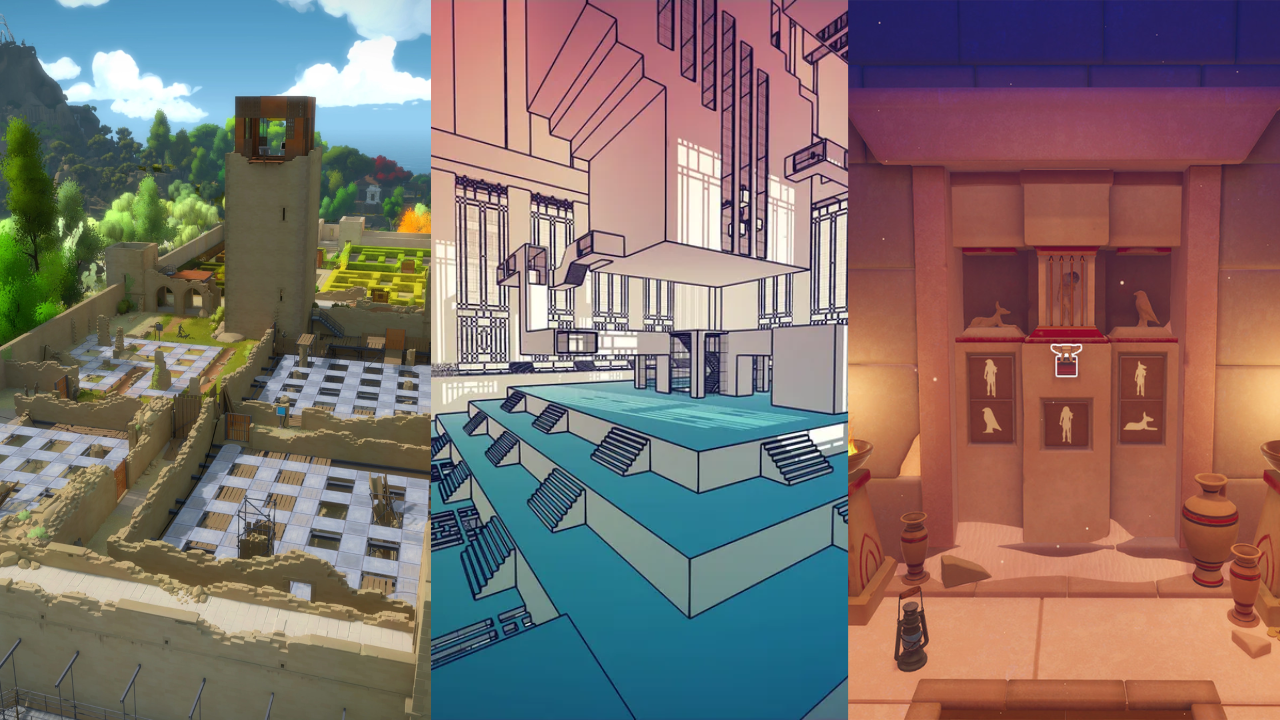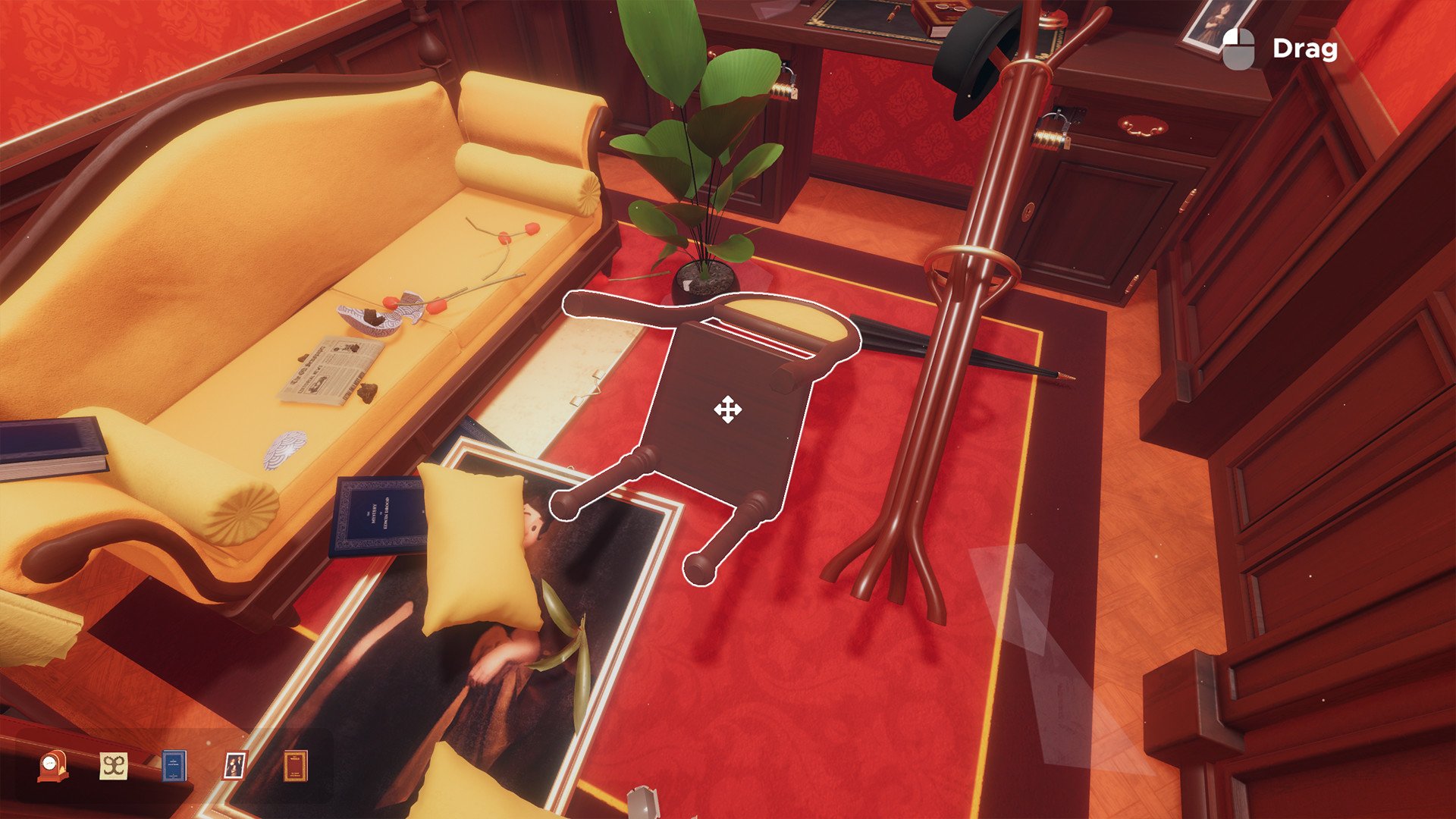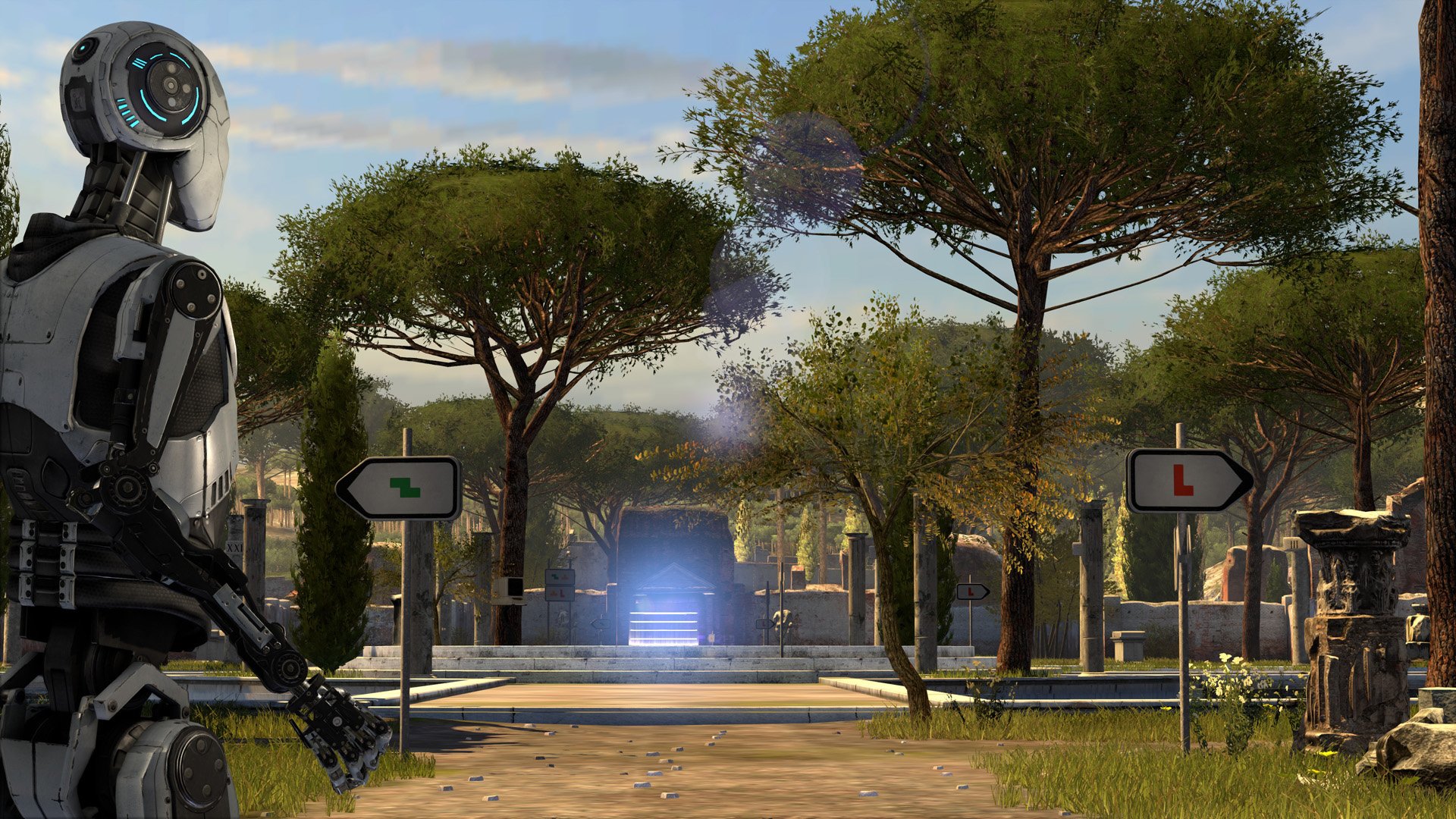From Sudoku to Portal, all puzzle games require the player to use lateral thinking and logic to overcome obstacles rather than brute force or skill alone. While triple-A titles bring plenty of polish, many indie games can produce even more challenging obstacles and creatively thought-out puzzles that will either leave you drooling in your chair with smoke coming out of your ears or beaming with pride after hours of trial and error. We’ve picked the best indie puzzle games that will give you a challenge while still providing plenty of polish.
The Witness
The Witness is a beautiful, first-person, puzzle game that takes you on a journey across a relatively small island while solving its many, many puzzles. Most of which consist of interacting with screens crisscrossed with geometric lines. The core mechanic revolves around the player moving a highlighted line through these mazes, while the goal of each screen and its rules change over time. It’s up to the player to work within these unspoken constraints and eventually reach the top of the mountain. These sets of rotating rules and obstacles are what allow the game to maintain its core system while evolving gameplay just enough to help the player maintain interest and remain challenging until the very end. The success of The Witness even spawned a parody game called The Looker which is currently free to play.
Baba is You
This top-down puzzle game employs a unique system of allowing the player to re-code the elements of each level in order to “Win”. Consisting of bouncy, 8-bit graphics the player is able to interact with word phrases such as “Baba is You” which allows them to change the rules of the game. Replacing “You” with “Rock” will transform the little sheep the player usually starts as into a rock, and the player is unable to move because “You” no longer has a function. However, changing “Baba” with “Rock” allows the player to move all the rocks on screen in all four directions. The phrases become increasingly diverse and complex while providing secondary challenges that are genuinely mind-melting.
Escape Simulator
Escape Simulator was designed to mimic the feeling and puzzle design of escape rooms. Pine Studio also encourages the multiplayer aspect of the game to assist in recreating this experience. The main focus of the gameplay involves exploring and examining the cramped spaces for clues and puzzle pieces and using them to intuit the various hidden objectives that eventually lead you out of the room. While requiring a small amount of trial and error, the puzzles can be ingenious at times, causing you to slap your forehead and say “why didn’t I think of that earlier!” Pine Studio also dropped a handful of DLC rooms with more on the way that each increases the scale and overall challenge while exploring new themes.
Manifold Garden
Manifold Garden employs Escher-esque relativity to transform the world into an infinite space of gravity-shifting architecture. Combined with colored cubes and flowing water the player must navigate this 3D world using logic that will defy everything they have come to understand about space and geometry. The game does a remarkably efficient job of introducing the player to these increasingly head-spinning concepts while not shying away from bumping up the challenge tenfold at times. While the core concepts change only slightly throughout the levels, the introduction of new ones is what leads to the hours of head scratching interspersed with the occasional light bulb that makes it all worth it.
Talos Principle
Waking up in a robot body among puzzle-filled ruins, Talos Principle gives players free roam to traverse and solve them at their own pace while struggling to avoid googling the answers. Amid the various rooms within the changing environments the player is likely to come across lasers, boxes, mirrors and fans that are needed to obtain Tetris-like pieces that unlock more rooms with more pieces and so on until they’ve reached the end. While the puzzles challenge the player’s geometry and memorization, the anonymous, rogue stranger the player occasionally comes into contact with challenges their philosophy. Eventually, the puzzles and the story coalesce into something more intertwined, creating a narrative on par with Portal 2, though not quite as efficiently.
Have any questions or concerns? Tell us on Twitter.

Matthew has been a lifelong lover of video games since he could first hold a controller, and among his favorites are narrative-heavy, singleplayer games like; Divinity: Original Sin 2, Elden Ring, Sekiro: Shadows Die Twice and Hollow Knight. Matthew also plays tabletop games like Dungeons & Dragons, Pathfinder and Call of Cthulu. He graduated from the University of North Texas with a bachelor’s in Sociology and minored in English.








